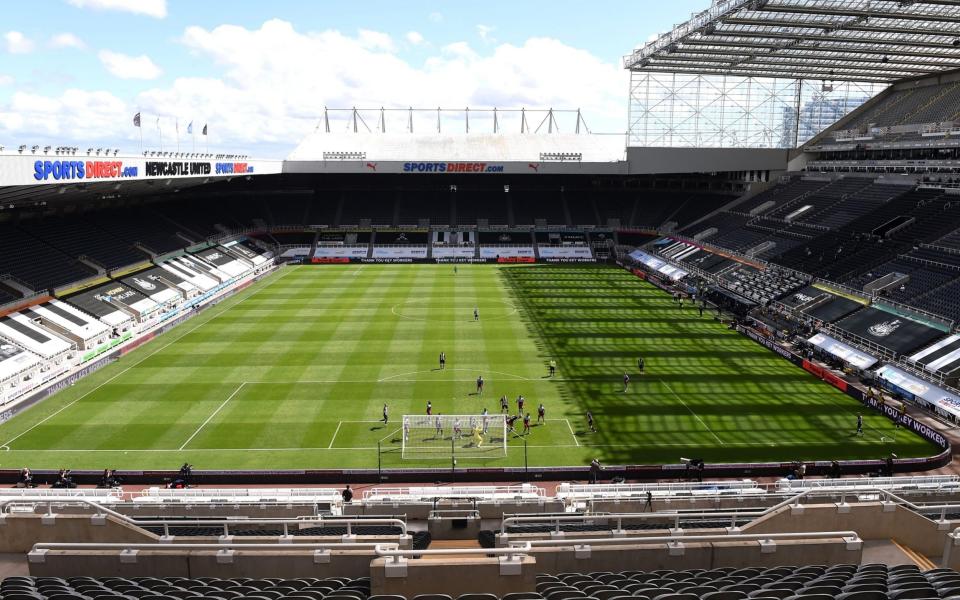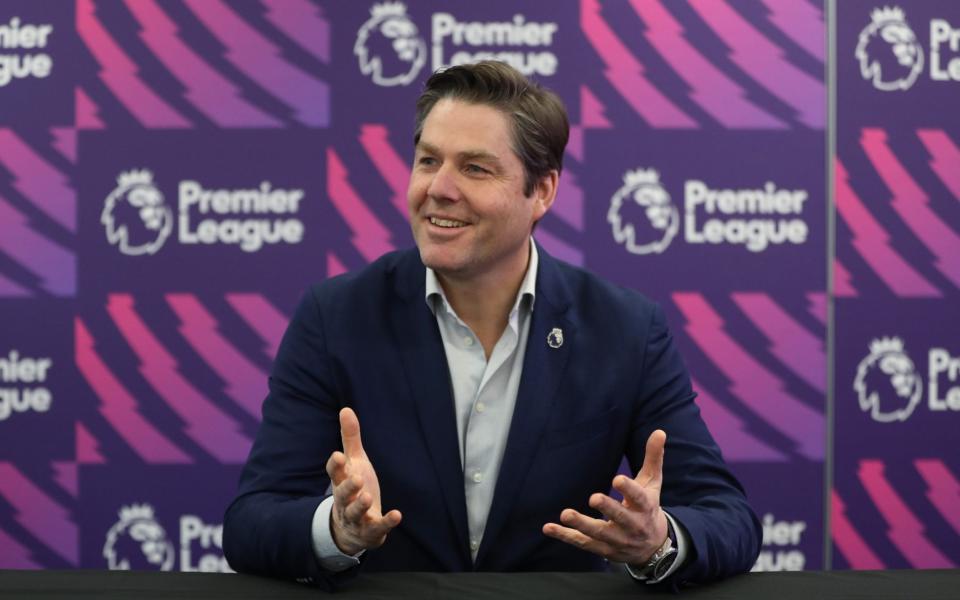Newcastle United takeover confusion deepens as fresh Saudi TV row erupts

Saudi Arabia's takeover attempts at Newcastle were plunged into deeper uncertainty on Tuesday night as state officials announced the permanent banning of one of the Premier League's biggest TV rights holders.
A fresh attack on beIN Sports was branded "nonsensical on every level" by the Qatari broadcaster, which has been locked in a three-year dispute with the state over the beOutQ TV piracy scandal.
The licence removal by Saudi’s General Authority for Competition (GAC) is said to be part of wider strategic efforts to eventually launch an independent bid to screen European domestic sport, having already been linked with a potential swoop for Bundesliga rights.
However, the announcement sparked a furious response from Qatar, and effectively places Richard Masters, the Premier League chief executive, under even more pressure as he deliberates over the Newcastle takeover approach by Saudi's Public Investment Fund (PIF).
Telegraph Sport understands those involved in the takeover bid at Newcastle had no knowledge of the announcement being made by GAC regarding beIN. Saudi says the process that led to the sanctions against the broadcaster began more than three years ago.
Less than a month after the state was criticised by the World Trade Organisation for turning a blind eye to piracy, officials announced on state television that they were hitting back by fining beIN Sports SAR10 million (£2.1m) for alleged “monopolistic practices”.
The broadcaster, which was initially blocked in Saudi Arabia under a boycott imposed when Riyadh and its allies severed diplomatic and trade ties with Qatar in June 2017, said the ruling was "breathtaking".
"This decision was arrived at through sham legal proceedings that repeatedly violated beIN’s due process rights at every turn and the decision itself is not only contrary to international law but also the most basic principles of competition law," BeIN responded in a statement sent to Telegraph Sport.
"The decision is nonsensical on every single level, banning beIN for packaging its rights in the standard way that sports and entertainment broadcasters all around the world do, and indeed as other broadcasters active in the Saudi market also do. Moreover, the very idea that permanently banning a leading competitor from a market could in any way promote competition is plainly absurd."

The Premier League refused to comment on the fresh row on Wednesday night, but a long-awaited decision from the top tier's directors and owners' test is finally said to be near. Masters has been deliberating for months over whether to wave through the sale, which includes an 80 per cent stake for Saudi’s Public Investment Fund (PIF). beIN, which paid £1.3bn for rights to screen English top-tier matches since 2015, has said it will “reconsider” future rights deals if the Newcastle takeover goes through.
Given the timing, beIN sources described the latest Saudi statement as "remarkable and ridiculous". GAC said it found beIN Sports had “abused its dominant position through several monopolistic practices” related to what it described as an exclusive sports broadcast bundle for the 2016 Uefa European Championship matches.
However, the WTO ruling last month painted a very different picture, attacking Saudi for hosting piracy network beoutQ, which was carried on the national network Arabsat, based in Riyadh and majority owned by the state's government.
At the 2018 World Cup, there were 294 public gatherings in Saudi Arabia where games were shown on beoutQ. It was also supported by “governmental tweets” by Saud al-Qahtani, close confidante to the Saudi crown prince Mohammad bin Salman, who is also the chairman of PIF.
Current owner Mike Ashley bought Newcastle in 2007 and put the club up for sale in 2017. The prospective owners hoped to complete the deal, brokered by British financier Amanda Staveley, before the season's resumption last month.

 Yahoo Sport
Yahoo Sport 





































